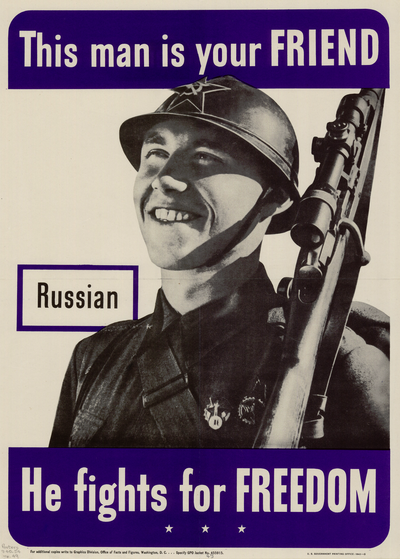FriendlyFire
Codex WMDicanious
You know Ivan, while it is the Middle East, but this make you look like the bad guys
12 Hours. 4 Syrian Hospitals Bombed. One Culprit: Russia.
The Russians saved Bashar al-Assad’s government. A trove of Russian Air Force recordings obtained by The Times shows how bombing Syrian hospitals helped them do it.
An analysis of previously unpublished Russian Air Force radio recordings, plane spotter logs and witness accounts allowed The Times to trace bombings of four hospitals in just 12 hours in May and tie Russian pilots to each one.
https://www.nytimes.com/2019/10/13/world/middleeast/russia-bombing-syrian-hospitals.html




